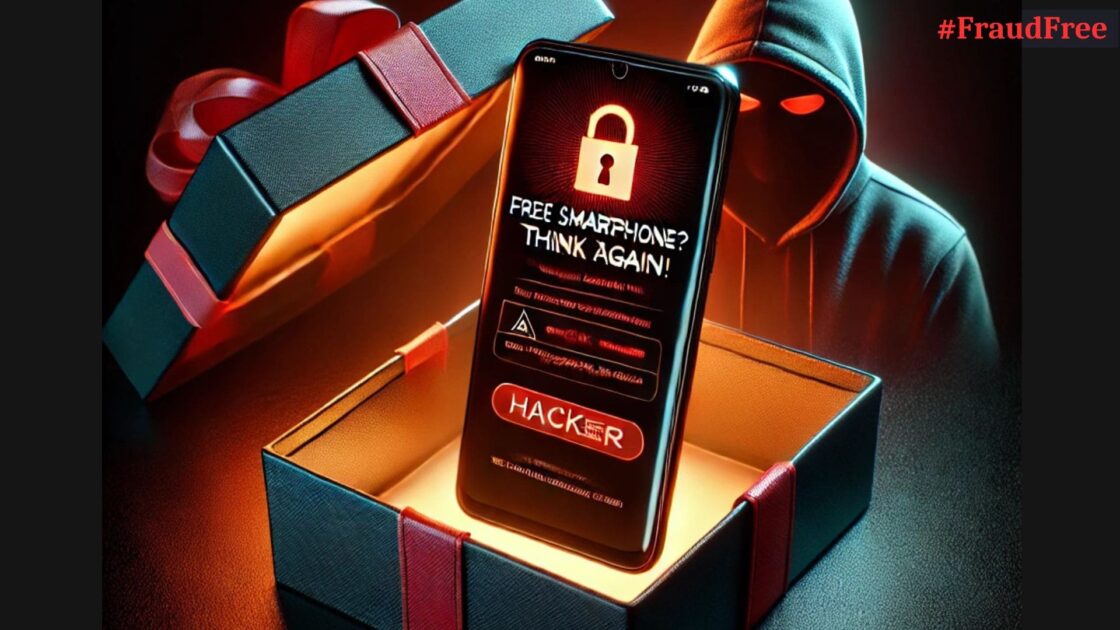Have you ever received a call saying, ‘Your bank account is at risk. Download the Quicksupport app!’? If so, beware, this is a common QuickSupport app scam, and following such instructions could put your account at risk.
Let’s get into the details to understand the modus operandi of the scam and how to stay protected.
What is QuickSupport App?
Although QuickSupport is marked as a legitimate app that IT professionals can use to remotely troubleshoot computers or mobile devices by gaining access to your device, scammers have also exploited this legitimate functionality.
By convincing unsuspecting victims to install QuickSupport (or similar apps, such as AnyDesk), they can gain full control over devices, steal sensitive data, and even transfer money from bank accounts.
How QuickSupport Scam Works?
QuickSupport scams usually follow a step-by-step social engineering script:
- Initial Contact: Scammers call, email, or message you on WhatsApp, pretending to be a bank representative, government official, or Microsoft support agent.
- Creating Urgency: They claim your account is compromised, malware is on your device, or government authorities will take action if you don’t comply.
- Installing Remote Access: You’re asked to download QuickSupport or AnyDesk and share the session ID and password.
- Gaining Control: Once connected, the scammer can view your device, access banking apps, read OTPs, and capture personal information.
- Stealing Money/Data: Victims may be coerced into transferring funds, purchasing gift cards, or authorizing UPI transactions. Some scammers even install persistent malware for repeated access.
QuickSupport Scam: Real-Life Cases in India
The scammers combine technical manipulation with psychological pressure — they make victims fear urgent consequences if they don’t comply.
These scams are not rare; they’re happening all over India:
- Kochi: A man lost over ₹10 lakh after clicking a fake m-Parivahan link, which enabled scammers to access his phone and steal funds from his bank accounts.
- Noida Cybercrime Syndicate (2023)- 18 people arrested for defrauding 1,000+ foreign nationals using TeamViewer/AnyDesk.
The gang impersonated Microsoft tech support and collected money via Zelle, gift cards, and cryptocurrency.
Authorities seized laptops, phones, and bank records for investigation. - Jharkhand Cyber Fraud Racket (Jamtara & Delhi): A cyber fraud racket used remote access apps to target residents and drain bank accounts.
Anil Kumar Mandal and associates were arrested for posing as bank officials. The operation used remote access apps to steal from Delhi residents.
These combined efforts have slowed some scams, but awareness and early reporting remain the best protection.
How to Spot a QuickSupport Scam?
Scammers rely on urgency, fear, and trust to trick you. Keep an eye out for these warning signs:
- Unexpected contact: Calls, messages, or emails from someone claiming your account or device is at risk.
- Pressure tactics: They push you to act immediately, threatening account freezes or legal trouble.
- Requests for sensitive info: Asking for OTPs, UPI PINs, bank passwords, or personal documents.
- Remote access requests: Any instruction to install QuickSupport, AnyDesk, or similar apps and share the session ID/password.
- Avoiding official channels: They discourage you from calling your bank or company directly.
If any of these pop up, pause and verify. Scammers thrive on rushed decisions; stopping to double-check can save you from huge losses.
How to Report QuickSupport Scams in India?
India has systems in place to help victims report scams:
- File a complaint in Cyber Crime: Visit the online portal and draft your complaint. Do not forget to upload all the essential proofs and documents.
- Bank Notification: Immediately inform your bank and provide proof of fraudulent transactions.
Early reporting increases the chances of recovering funds and helps authorities prevent further scams.
Need Help?
If you’ve been targeted by a QuickSupport scam, act quickly, disconnect the app, secure your accounts, and register with us now.
Early action increases your chances of stopping further losses and recovering funds.
We have helped more than 10,000 victims to date and recovered more than ₹4 crore.
Conclusion
QuickSupport scams are becoming increasingly common in India, using fear and urgency to trick unsuspecting victims into giving scammers full control of their devices.
Awareness and quick action are your best defenses.
Always verify calls or messages claiming to be from banks, Microsoft, or government authorities before taking any steps. Never share OTPs or passwords, and report any suspicious activity immediately.
By staying alert and sharing this knowledge with friends and family, you can protect yourself and others from falling victim to these scams.







